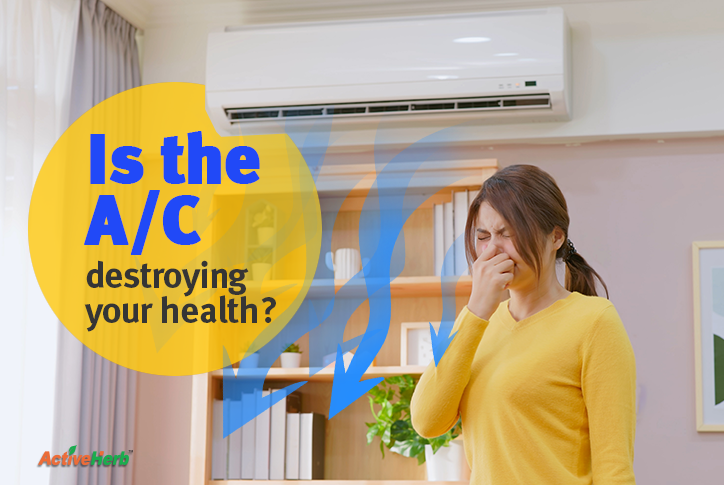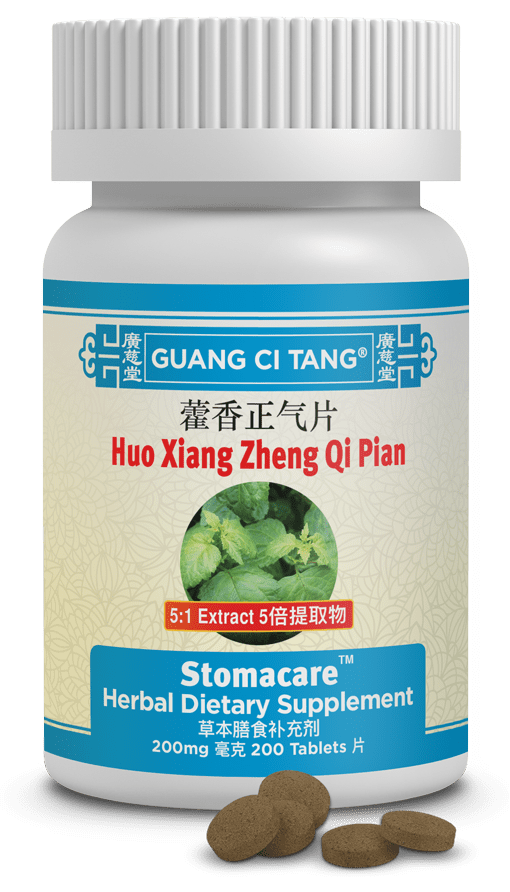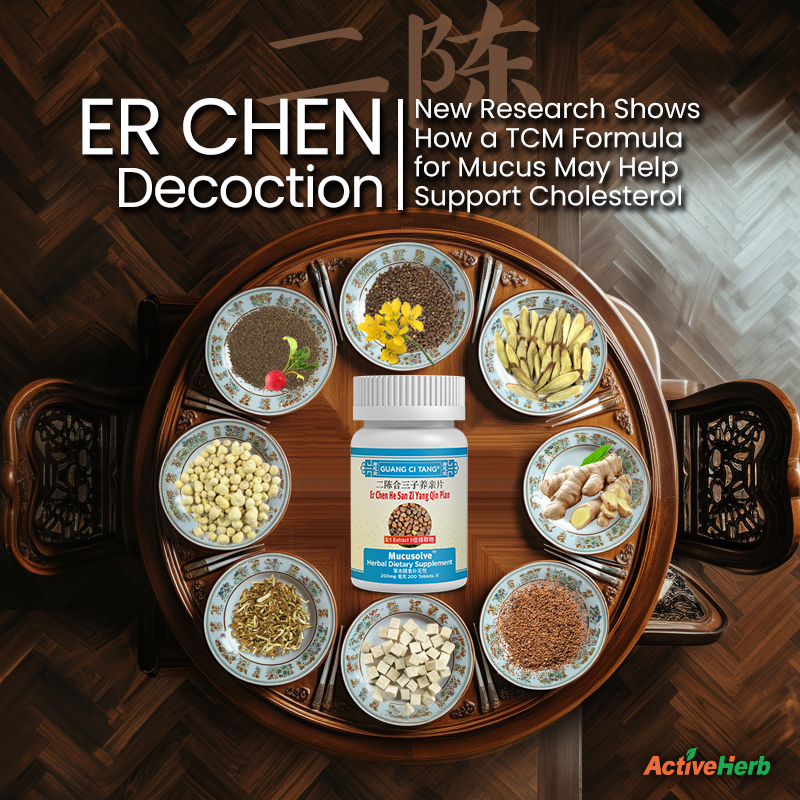Is Air Conditioning Destroying Your Health?

Using TCM To Cool The Dark Side of A/C…
Is your air conditioning killing you?
Pardon the hyperbolic, clickbait question. But in all seriousness, now that summer is here, we need to address the not-so-cool side effects of A/C:
- Respiratory issues
- Something called “Sick Building Syndrome”
- Reduced immune function
- Excessively-dry skin
- Headaches
- Eye irritation
- Musculoskeletal problems
Yes, air conditioning can be a lifesaver, particularly for the elderly when temperatures soar to triple digits. However, spending lots of time in the A/C can literally ruin your health. Thankfully, we can turn to TCM strategies for staying healthy in the summer—even if we’re trapped in an office with the A/C pumping all day.
How Air Conditioning Can Damage Health
Again, A/C is a modern luxury most people are grateful to have, and few would want to live without it in the middle of summer. Yet, spending lots of time indoors, in an air-conditioned home or office, may quickly send your health into a downward spiral. Here’s how:
Respiratory Issues
Air conditioning systems can contribute to respiratory problems by circulating dust, mold, pollen, and other allergens. This can exacerbate conditions like asthma, bronchitis, and sinusitis. Additionally, the cold, dry air produced by air conditioners can dry out mucous membranes, making the respiratory system more susceptible to infections.
Sick Building Syndrome (SBS)
Research from the International Journal of Epidemiology indicates that people who work in air-conditioned buildings are more likely to experience symptoms associated with SBS, such as headaches, dizziness, and respiratory issues. This is often attributed to poor maintenance of air conditioning systems, which can lead to the growth of mold and other pathogens (Oxford Academic).
An article from Time Magazine explains that doctors started noticing the “ominous-sounding phenomenon” of SBS in the 1970s when office workers started claiming that the building in which they worked was making them sick.
The article explains that, unlike heating systems, A/C units require lots of moisture and condensation. These twin cooling prerequisites must be channeled away. But if an AC system starts underperforming, it can become a breeding ground for bacteria and fungi. Thus, in addition to ensuring your home AC unit is routinely serviced, having an effective “screen” is one way to protect yourself against external influences attacking your immune system.
Constant exposure to cold air, especially from a poorly functioning A/C filter, can weaken the immune system, making the body more susceptible to illnesses. Furthermore, the contrast between the hot outdoor air and the cool indoor environment can stress the body, leading to an increased risk of colds and other respiratory infections, says the US EPA.
Also, if not properly maintained, A/C systems can spread airborne diseases. Legionnaires’ disease, a severe form of pneumonia, is one such illness that can spread through contaminated air conditioning systems, says The Mayo Clinic.
Using TCM To Protect Yourself From A Shoddy A/C System
Jade Screen is a TCM formula over 700 years old and the most recommended and prescribed Chinese medicine for supporting the immune system. Also known as Yu Ping Feng San or Jade Defender, the formula dates back to the Song Dynasty (960-1279 AD). It was first recorded in the classic medical text “Key to Therapeutics of Children’s Diseases” (Xiǎo ér yào zhèng zhī jí), authored by Dr. Zhu Danxi (1281-1358 AD), a prominent physician of the Jin-Yuan period.
Of course, Dr. Danxi didn’t know A/C from Yin/Yang. However, even with a well-serviced A/C system, frequent and prolonged exposure to air-conditioning may also cause the following:
Dry Skin and Dehydration
Air conditioning removes moisture from the air, leading to dry skin and dehydration. Prolonged exposure can strip the skin of its natural oils, causing irritation, itchiness, and an increased likelihood of developing eczema or dermatitis, the National Eczema Society explains.
Fatigue and Headaches
The constant hum and vibration of air conditioners can cause fatigue and headaches in some individuals. Moreover, the lack of fresh air and reduced oxygen levels in air-conditioned rooms can lead to feelings of lethargy and decreased mental alertness. Of course, being outside when it’s hotter than Hades can do the same. Still, when you spend lots of time in the A/C, it can make you feel lousy.
Eye Irritation
Air conditioning can cause dry eyes, especially for those who wear contact lenses. The dry air can irritate the eyes, leading to discomfort, redness, and an increased risk of eye infections.
Musculoskeletal Issues
Finally, sitting in the A/C can make you feel stiffer than a corpse. Prolonged exposure to cold air can cause muscles to contract and stiffen, potentially leading to musculoskeletal pain, particularly in the neck and back. And if you have “tech neck” poor posture, air-conditioned environments can exacerbate muscle stiffness and pain.
How Air Conditioning Affects The Body From A TCM Perspective
Lung System
The Lung system regulates Qi and governs respiration. According to TCM, the Lung is sensitive to external environmental changes, and cold, dry air from air conditioning can impair Lung function. Prolonged exposure to cold air can lead to an invasion of the twin external evils, “Cold” and “Dryness.” These external influences disrupt the Lung’s ability to disperse and descend Qi, leading to symptoms such as cough, dry throat, and respiratory infections.
Spleen System
The Spleen system in TCM is crucial for digestion and transforming and transporting nutrients and fluids. The Spleen prefers warmth and can be easily affected by cold. Continuous exposure to air conditioning can introduce excessive cold into the body, weakening the Spleen’s function. This can result in poor digestion, bloating, diarrhea, and a general feeling of lethargy.
This is why it’s wise to always have a bottle of Stomacare on you if an acute gastrointestinal upset strikes. (You never know if that chicken was cooked long enough at the barbecue!)
Additionally, a weakened Spleen can lead to the accumulation of Dampness in the body. Dampness leads to heaviness and water retention. So take it easy on cold foods like ice cream this summer.
Kidney System
The Kidney system is the foundation of Yin and Yang in the body and is associated with the element of Water. It is also responsible for storing the essence (Jing) and regulating water metabolism. Cold exposure can deplete Kidney Yang, leading to symptoms such as cold extremities, lower back pain, and frequent urination. (It’s not just beer that causes frequent urination in summer!)
Wei Qi
Wei Qi is the protective layer of energy that circulates on the body’s surface, defending against external pathogens. In TCM, Wei Qi is closely related to the Lung and Spleen systems. Cold air from air conditioning can weaken Wei Qi, making the body more susceptible to the external invasions mentioned above. In the summertime, compromised Wei Qi can manifest as chills and cough.
Again, one of the best insurance policies against weakened Wei Qi is Jade Defender. If you’re going to be spending lots of time in the A/C or traveling and gathering, Jade Defender may prevent your immune system from taking a vacation this summer.
Do you have any other tips for staying cool this summer? Get the conversation started…







